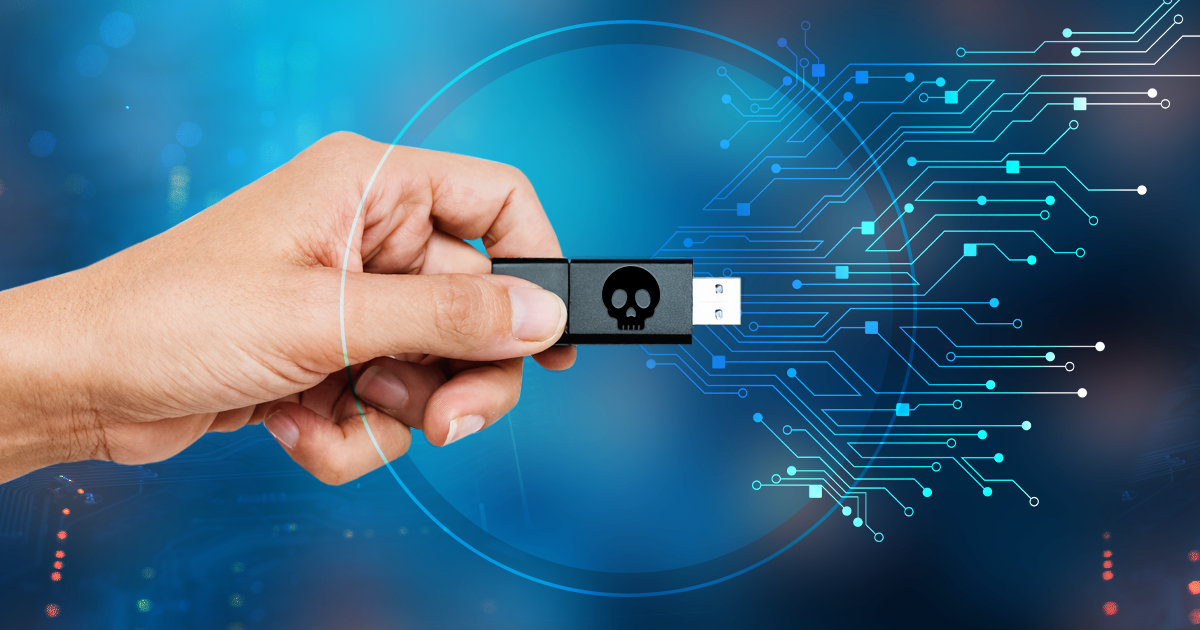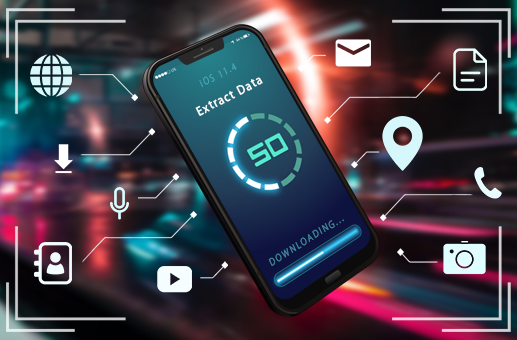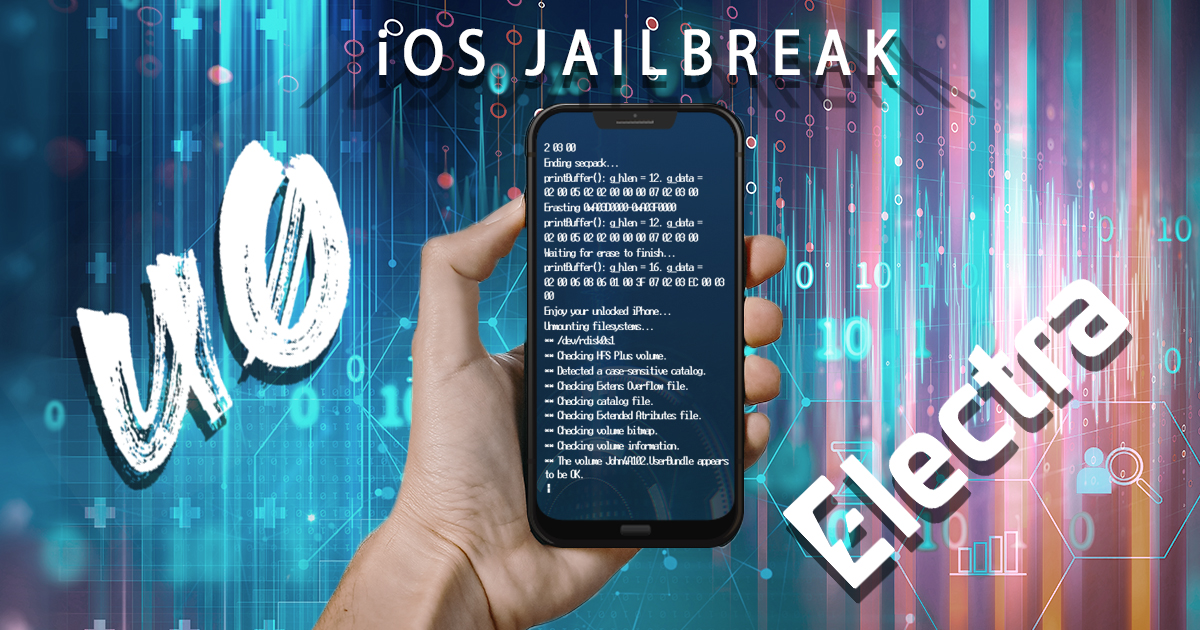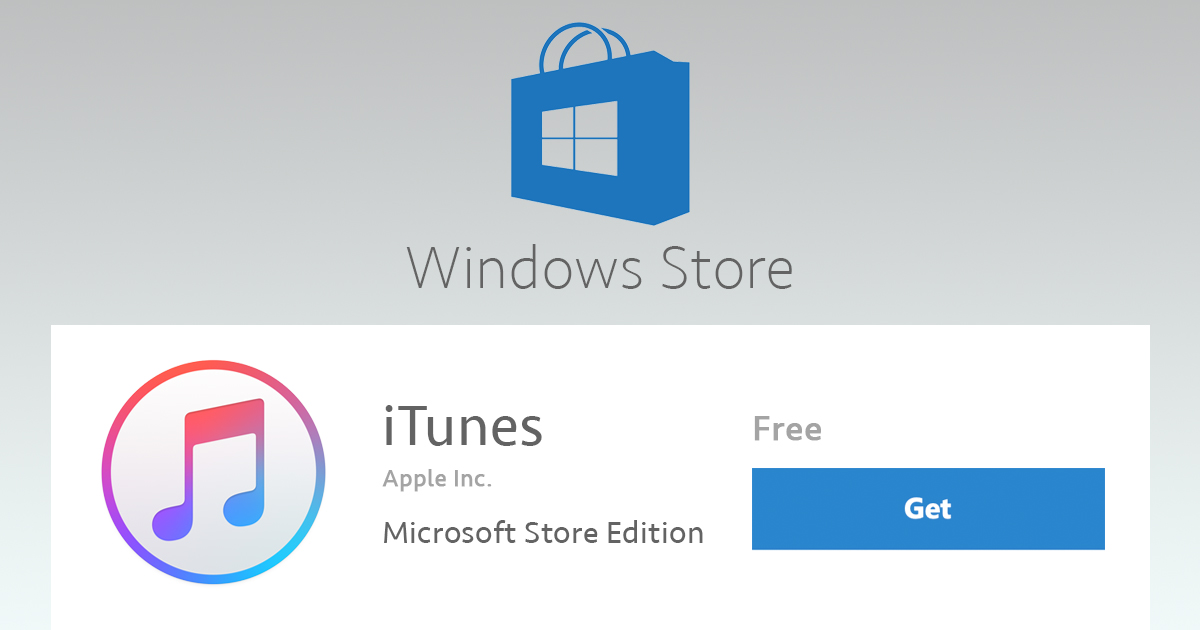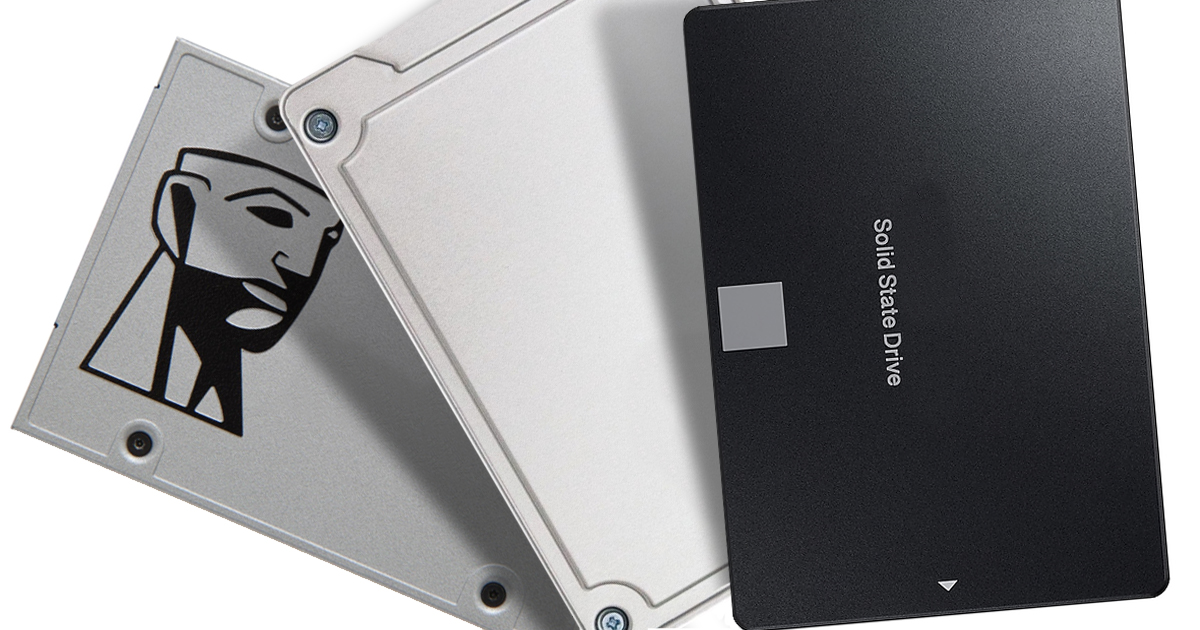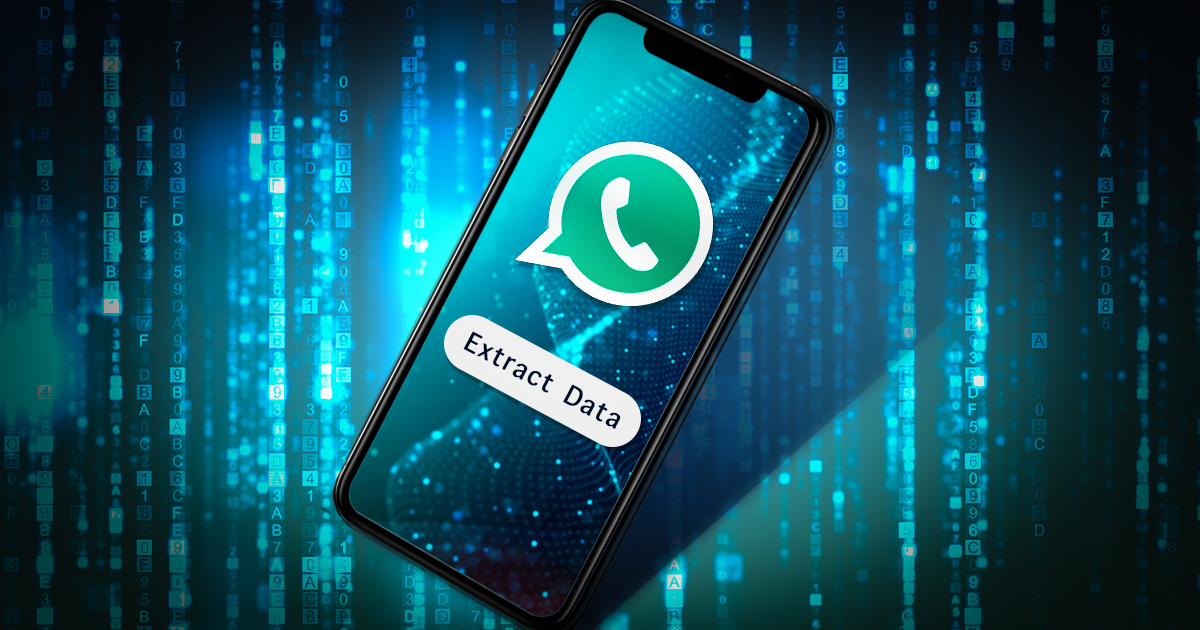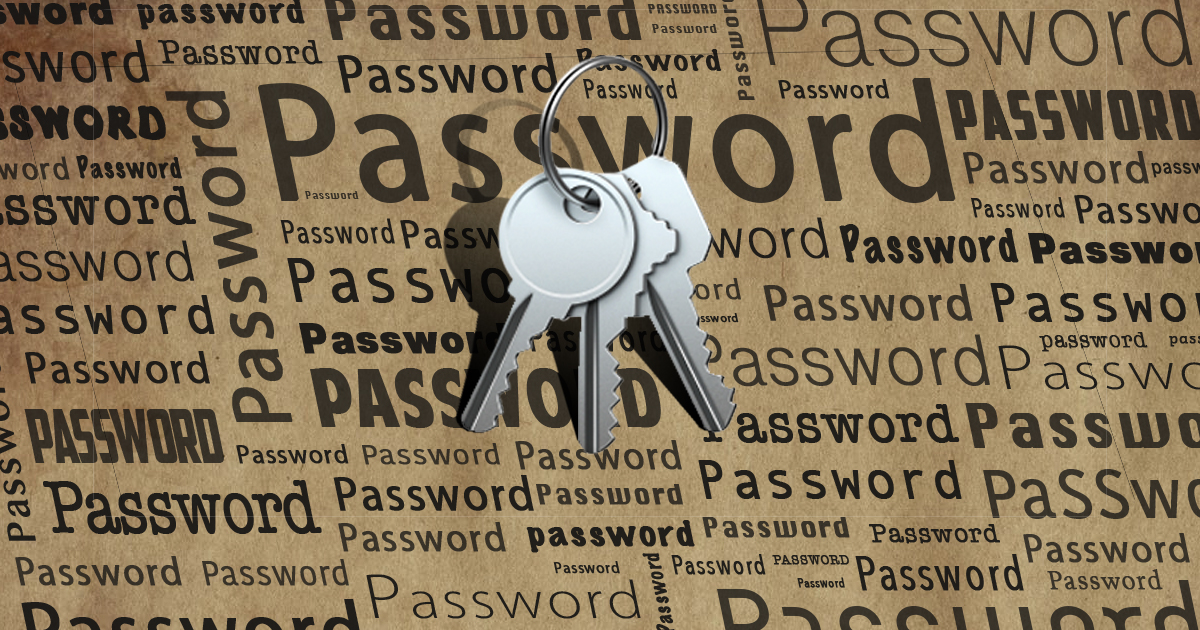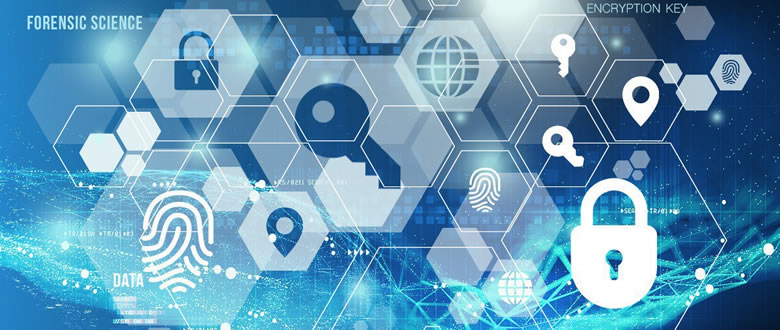December 18th, 2018 by Vladimir Katalov
In Apple’s world, the keychain is one of the core and most secure components of macOS, iOS and its derivatives such as watchOS and tvOS. The keychain is intended to keep the user’s most valuable secrets securely protected. This includes protection for authentication tokens, encryption keys, credit card data and a lot more. End users are mostly familiar with one particular feature of the keychain: the ability to store all kinds of passwords. This includes passwords to Web sites (Safari and third-party Web browsers), mail accounts, social networks, instant messengers, bank accounts and just about everything else. Some records (such as Wi-Fi passwords) are “system-wide”, while other records can be only accessed by their respective apps. iOS 12 further develops password auto-fill, allowing users to utilize passwords they stored in Safari in many third-party apps.
Read the rest of this entry »
